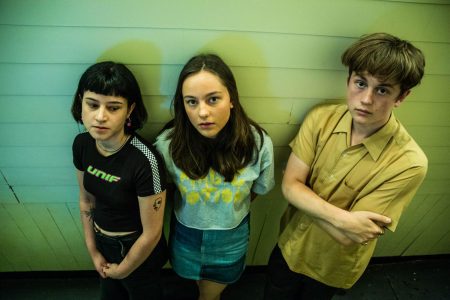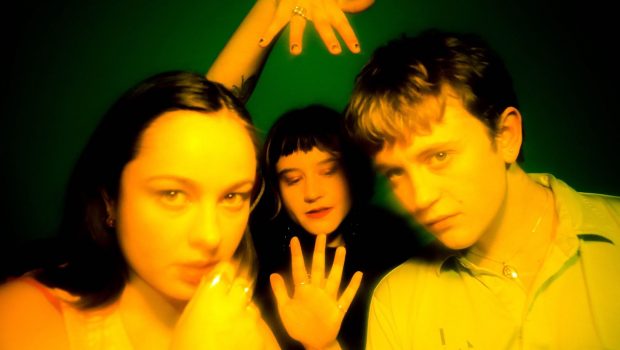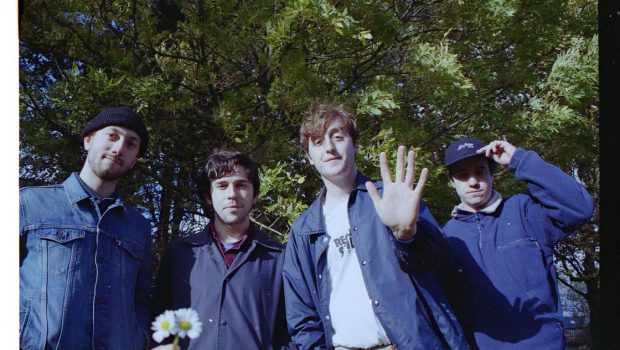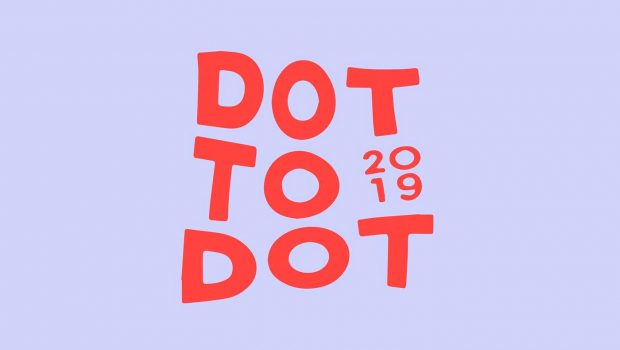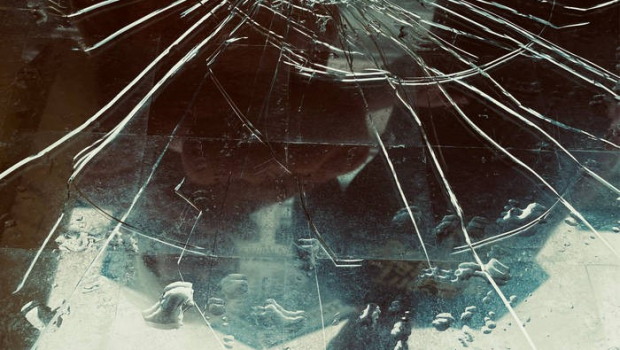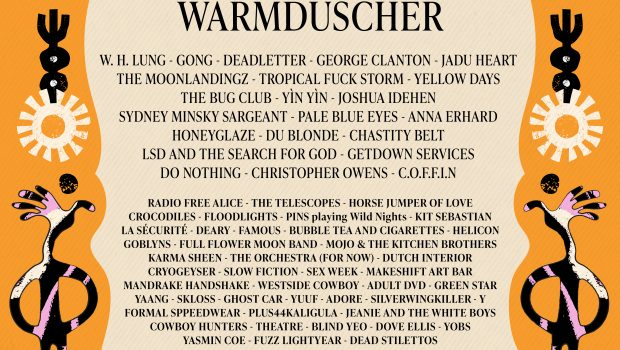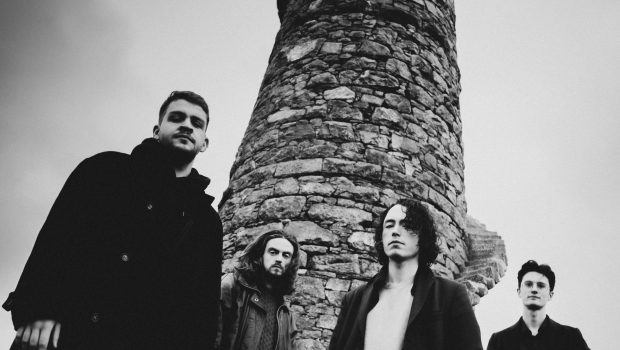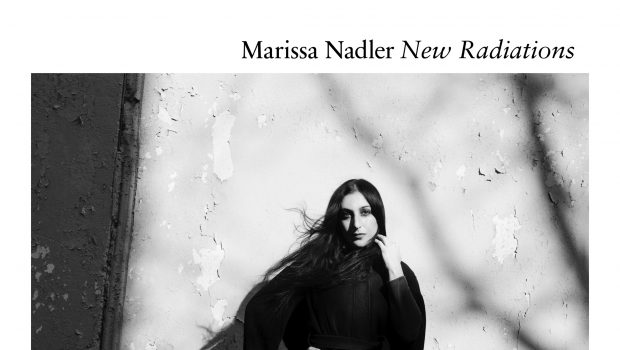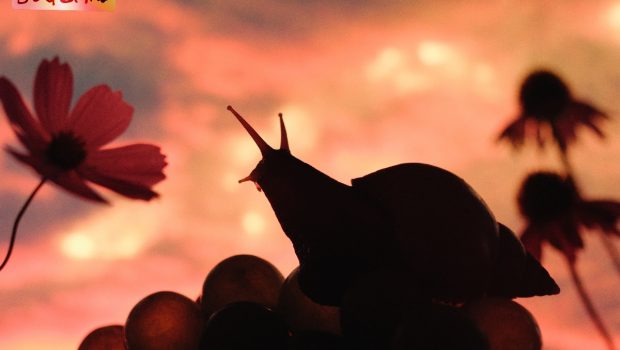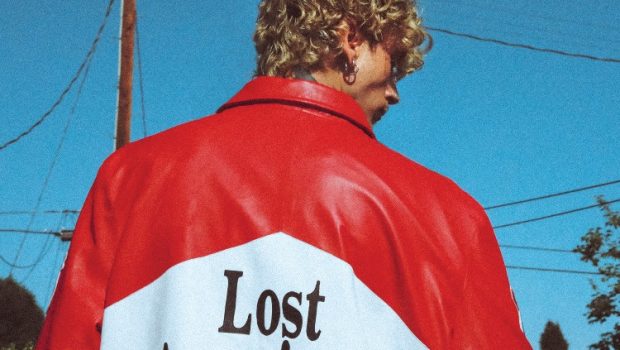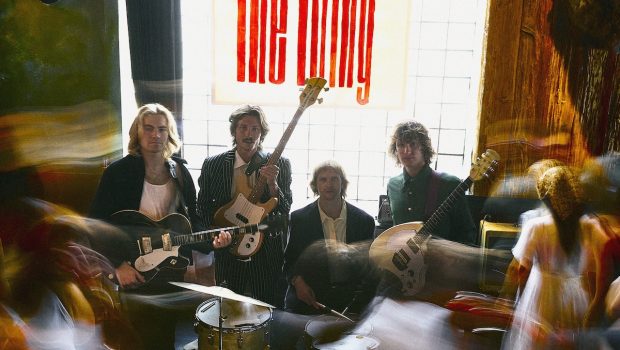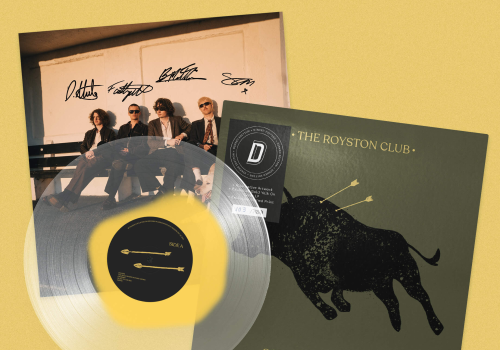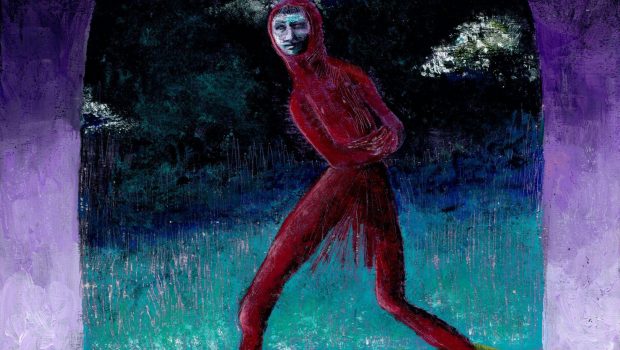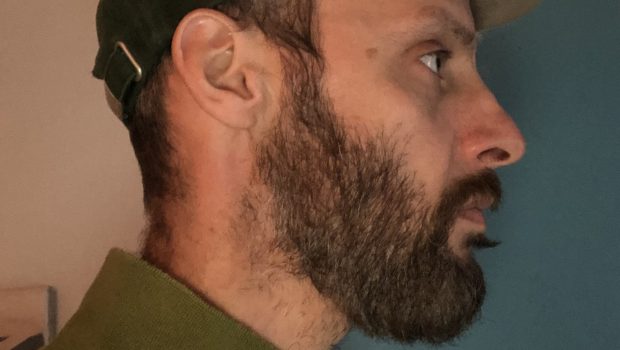-DEAF INSTITUTE, MANCHESTER-
It’s already bleak December, but we may have a new festival favourite to watch in 2018. Usually that’s a precipitous view; what, dear reader, can align for the soft whiff of cow fields and the clink of tinnies in a rucksack whilst winter is still nipping our bones? Well, personally, it’s the buzz of a band that are winning everyone on their side, at least tonight. The Orielles are a small marvel. Being here is like seeing a vine that’s raced over a pre-defined height, much faster than you’d ever believe. This gig feels like something special. If we’re experiencing a nuanced, catchy-as-hell sound that’s aiming its muzzle at the indie scene, then Ian Brown be praised – true excitement in that arena is hard to come by.
Actually, all the groups on the bill are great. Inland Taipan are the first that I catch, being encumbered by an after-work drink. The Deaf Institute is a good venue, but Christ, it’s a trek for anyone who isn’t a student or a pool player. Maybe it’s the perfect locale for this audience though, who look to be cresting the molehill of 17 to 23. There are some older dossers against the walls, and a handful of couples looking forward to the venue’s ecstatic queer performance event later (“There’s loadsa Indian pop anarchically put together; people get naked when they feel like it,” explains a woman to my right on the stairs).
So I settle in happily knowing that people are going to lose their shit either now or in forthcoming hours, just as Aisling Davis slings a guitar around her neck. She’s the girl behind the Inland moniker, and wastes no time proving that doomy choruses usually sound better when there’s a ragged flame of heavy material to cook them. Her bassist wears a beret, holding a stare at nothing in particular as Davis spiders up and down the fretboard, her hand pinched in aggressive barre chords. Songs like ‘Call Of A Yorkshire Cannibal’ are a wail into the subconscious; it begins tenderly, then escalates into a cry for help that’s always on the brink of moving back a gear, so you’re never quite sure where you are. Throughout, her drummer is magnificent. When the mood changes, he’s there with a whip-fast combo on the tom and snare, adding a nervous flotsam to whatever his band leader gets up to.
Then there are Boy Azooga, a laddish quartet specialising in – at first – the urgent, radio sort of North West rock you’re sick of hearing, but revealing a dashing number of turns into clear and pronounced pop influences. Case in point: ‘Upside Down’, their opening song, which plays as bubble-gummy as it sounds, yet only after it perks up after a 1-2-3 count from the frontman. It’s mainly his vocals that lead them astray; those twangy inflections going for swagger, when instead it is their groove that fills the set with life. Falsettos are a nice touch, followed by harmonising. That’s better: the true range of proud sapiens who’ve consumed their Blur records for tea, had a few beers to wash it down. ‘Face Behind Her Cigarette’ shows how Boy Azooga can be digressive and charming in each other’s company, which they obviously appreciate, given the reaction to tracks like ‘Full House’ that, coincidentally, describes their inaugural Manchester gig.
And that is exactly the state of the place as we’re waiting for the headliners. As mentioned, there are a lot of teens – also the slightly older, more discerning crowd, the cooler type, who’ve maybe heard of The Orielles signing to Heavenly and causing a fuss at BBC 6 Music. Whatever their reason for turning up, they’re in for a treat; immediately, at a roll of his shoulders, guitarist Henry Carlyle Wade captures everyone’s gaze. To clarify, the other members play brilliantly – it’s just that Henry has the edge in terms of performance, noodling and flopping around just as he spins another fantastic arpeggio out of the air. This, you think, is quite potentially going to be the real deal. It’s a welcome feeling. One that’s rare at small shows. And what’s better is, the Orielles’ songwriting deserves every packed-out audience they can find.
Take something that may or may not be called ‘Hooray,’ with its incredibly rich bassline like meat on a fine table. Licks bounce, sizzle and bleed above it. Henry is a flange fan, turns out. Also transpires that the other two are sisters: this being Sid and Esme Hand-Halford. The former is an effortless singer, the latter a persistently sharp percussionist. When a track appears to be over, they wheel it back towards a bassline and those precious, great riffs – stabbing funk, weirdness, warbles at the high end of the neck. ‘Sugar Tastes Like Salt’ is an eight-minute workout that’s actually worth the freedom. Lead notes really come into their own in the verses. There is more . . . I should stop though, really, shouldn’t I? At least about the guitar.
Because it’s the artery-punch of ‘I Only Bought It For The Bottle’, ‘Joey Says We Got It’ and lead single from their forthcoming album, ‘Let Your Dogtooth Grow,’ that resonates the longest. These are excellent, happy songs. The stories in them are about people, just not lovers. A blissful tone is evident in the generosity of their melodies – there are so many hooks that it’s hard (and pointless) to count them, especially when they seek a discursion and chase it, tossing in bends, speeding up or exploding with distortion.
Two additional bandmates join them, one of whom whacks a cowbell placidly after climbing down from the balcony. It’s been seven songs at this point, and I’m won over; also, mentally, I’m in a pair of shorts with a cigarette on a faraway field. Yep. The arse-ache of winter has truly vanished, and I’m toasting with hundreds of other shirtless folk, bobbing to the beat of a great find on a mid-level festival stage. That’s where The Orielles have taken me.
The Orielles: Facebook | Twitter
